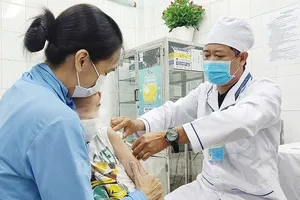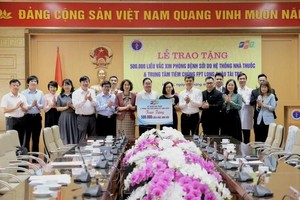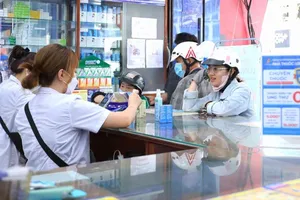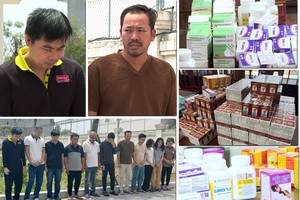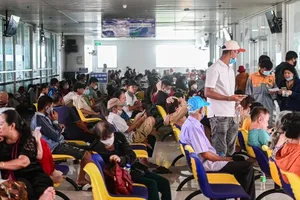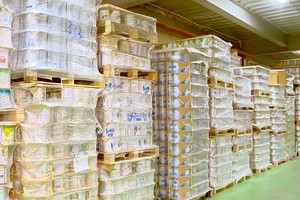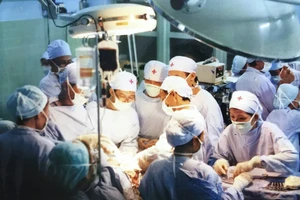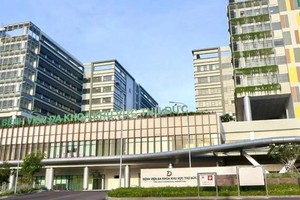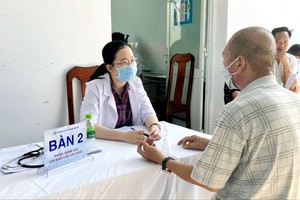
The Ho Chi Minh City People's Committee has just issued a plan to implement the Program to Stabilize the Market of Essential Pharmaceutical Products in the city in 2025 - 2026.
To stabilize the pharmaceutical market in Ho Chi Minh City, 20 groups of essential domestically produced drugs have been included in the program. These cover treatments for common and chronic conditions with high demand including pain relievers and antipyretics, anti-allergy medications, anti-diarrheal agents, treatments for stomach ulcers, cough suppressants and expectorants, cardiovascular drugs, hypoglycemics, antibiotics, anti-inflammatory medications, and drugs for ENT (ear, nose, and throat) issues. Antiparasitics, treatments for bone and joint diseases, vitamins and minerals, topical medications, drugs that enhance cerebral circulation, treatments for mental health disorders, and traditional medicine are also included.
The list of stabilized drugs was compiled based on Circular No. 19/2018/TT-BYT issued by the Minister of Health on August 30, 2018, which outlined the list of essential drugs and the essential drug needs of the city's residents.
The list has about 290 items with the participation of 8 enterprises, including essential pharmaceutical products. Participants in the program include pharmaceutical manufacturing and trading enterprises that distribute drugs to pharmaceutical retail establishments.
To participate in the program, manufacturing enterprise must adhere to ‘Good Manufacturing Practices’ (GMP) principles, and the drug distribution enterprise must follow ‘Good Distribution Practices’ (GDP) principles. Additionally, they must have a proven track record and significant experience in the pharmaceutical manufacturing and trading industry, and it must supply large quantities of drugs to the market.
In addition, participating enterprises must commit to ensuring that the drugs included in the program are of the correct type, available in sufficient quantities, and compliant with established quality standards. They are also required to maintain stabilized prices that are at least 5 percent lower than those of comparable products on the market, with pricing subject to approval by both the Department of Health and the Department of Finance.
Implementation is scheduled to take place between April 2025 and March 31, 2026.
